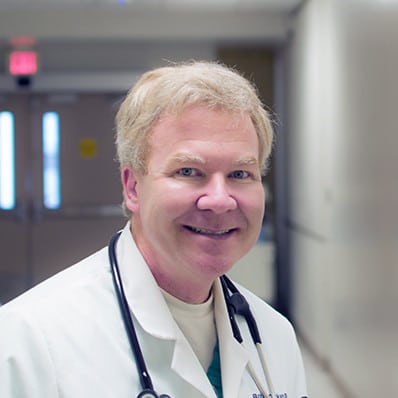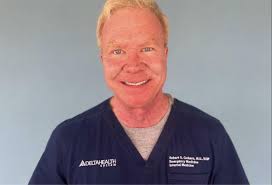Heart disease remains one of the leading causes of death worldwide, and while many of the risk factors are related to lifestyle choices, genetics and environmental influences also play a crucial role in shaping heart health. Dr Sudipta Mohanty , a renowned expert in cardiovascular medicine, emphasizes the importance of understanding both genetic predispositions and environmental factors when it comes to assessing and managing heart health risks. By recognizing how these elements contribute to heart disease, individuals can take more informed steps toward preventing cardiovascular problems.
The Role of Genetics in Heart Health
Genetics are a significant factor in determining an individual’s susceptibility to heart disease. Dr. Mohanty explains that family history can increase the likelihood of developing certain heart conditions, including coronary artery disease, heart attacks, and heart failure. If a person has close relatives, such as parents or siblings, who have experienced heart disease, their risk is higher, even if they lead a healthy lifestyle.
Genetic factors can influence the way the body handles cholesterol, blood pressure, and blood sugar, which are all critical aspects of heart health. For example, some people inherit genes that make it more difficult for the body to process cholesterol, leading to high levels of low-density lipoprotein (LDL) cholesterol, the “bad” cholesterol. Others may be genetically predisposed to hypertension or type 2 diabetes, both of which significantly increase the risk of heart disease.
While genetic factors cannot be changed, Dr. Mohanty highlights that knowing one’s family history is essential for early intervention. Regular screenings for blood pressure, cholesterol, and blood sugar can help detect potential issues early, allowing for proactive management of heart health. In some cases, medications may be necessary to counteract genetic predispositions, such as statins to lower cholesterol.
Environmental Factors and Heart Health
Alongside genetics, environmental factors also play a pivotal role in heart health. Dr Sudipta Mohanty points out that lifestyle choices, such as diet, physical activity, and stress levels, can either protect or harm the heart. Poor dietary habits, like consuming high amounts of processed foods, trans fats, and sugar, can lead to obesity, high blood pressure, and elevated cholesterol levels, all of which increase the risk of cardiovascular disease.
Physical inactivity is another significant environmental factor that impacts heart health. Dr. Mohanty emphasizes that regular exercise is essential for maintaining healthy heart function. It helps lower blood pressure, improves cholesterol levels, and reduces stress—factors that contribute to a lower risk of heart disease. Unfortunately, a sedentary lifestyle has become increasingly common, especially with more people working from home and spending long hours sitting.
Additionally, Dr. Mohanty stresses the influence of environmental stressors, such as work pressures, financial worries, and social isolation, which can raise cortisol levels and contribute to heart disease. Chronic stress can lead to unhealthy coping mechanisms like overeating, smoking, or excessive alcohol consumption, all of which negatively affect heart health.
Addressing the Combined Impact of Genetics and Environment
Dr. Mohanty advises that understanding the combined impact of genetics and environment is key to managing heart health. While genetic factors cannot be changed, individuals can take control of their environment by making healthier lifestyle choices. This includes adopting a heart-healthy diet, engaging in regular physical activity, managing stress, and avoiding smoking or excessive alcohol consumption.
For those with a family history of heart disease, Dr. Mohanty recommends a proactive approach to health, including regular health screenings and early interventions. Working closely with a healthcare provider can help create a personalized plan to reduce heart disease risks based on both genetic and environmental factors.
Conclusion
Genetics and environment are both powerful contributors to heart health risks. Dr Sudipta Mohanty emphasizes the importance of recognizing the influence of family history while also understanding that lifestyle changes and environmental factors are within our control. By addressing modifiable risk factors such as diet, exercise, and stress, individuals can significantly reduce their risk of heart disease, even if they have a genetic predisposition. Taking proactive steps and maintaining regular check-ups are essential to maintaining a healthy heart for the long term.






